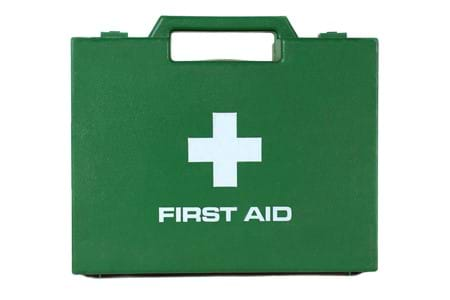What does it mean to be a resilient person?

Resilience is about how well we’re able to cope, adapt or ‘bounce back’ when we experience hardship or trauma.
Resilience is important for everyone, but especially for people who work in caring roles, such as in the medical, community services, family violence or disaster relief sectors.
Throughout our lives, our level of resilience can grow and change depending on our experiences, the actions that we take, and the resources that we have access to.
How resilient we are at any point in time can be affected by our:
- relationships and connections, including support networks
- physical and mental health
- past experiences
- self-esteem and/or feelings of achievement
- self-care habits
- approach to self-development and whether we plan for the future
- ability to take time out to rest
- perspectives on life and how much we focus on the positives and the negatives
- life events and circumstances, such as illness or bereavement.
It’s important to note that resilience is not always enough, by itself, to overcome challenges. Where we spend our time, the resources we can access, the support we receive from others and our financial situation all impact how well we overcome adversity.
Someone may have low resilience but get through tough times easily because they have lots of support, while another person might be very resilient but struggle to move past hardships because they face extra barriers.
Whether you’re looking to improve your resilience or need extra support to overcome challenges you’re currently facing, we hope that the information below will help you.
10 tips to build your resilience
- Be kind to yourself and recognise that your feelings and experiences are valid.
- Accept the things you can’t change and remain hopeful for the future.
- Think about your strengths and how you’ve coped with things in the past.
- Practice problem-solving and try to find opportunities when you encounter a challenge.
- Focus on the present and what is important and meaningful to you.
- Set yourself realistic and achievable goals and celebrate the wins.
- Focus on your strengths and abilities to help build self-confidence and self-esteem.
- Look after yourself, including through regular exercise and eating and sleeping well.
- Allow yourself to rest and take breaks.
- Develop supportive relationships and know when to ask for help.



If you’re in immediate danger, please call emergency services now on 000 (triple zero).
This post does not constitute professional advice. It is for informational purposes only.




